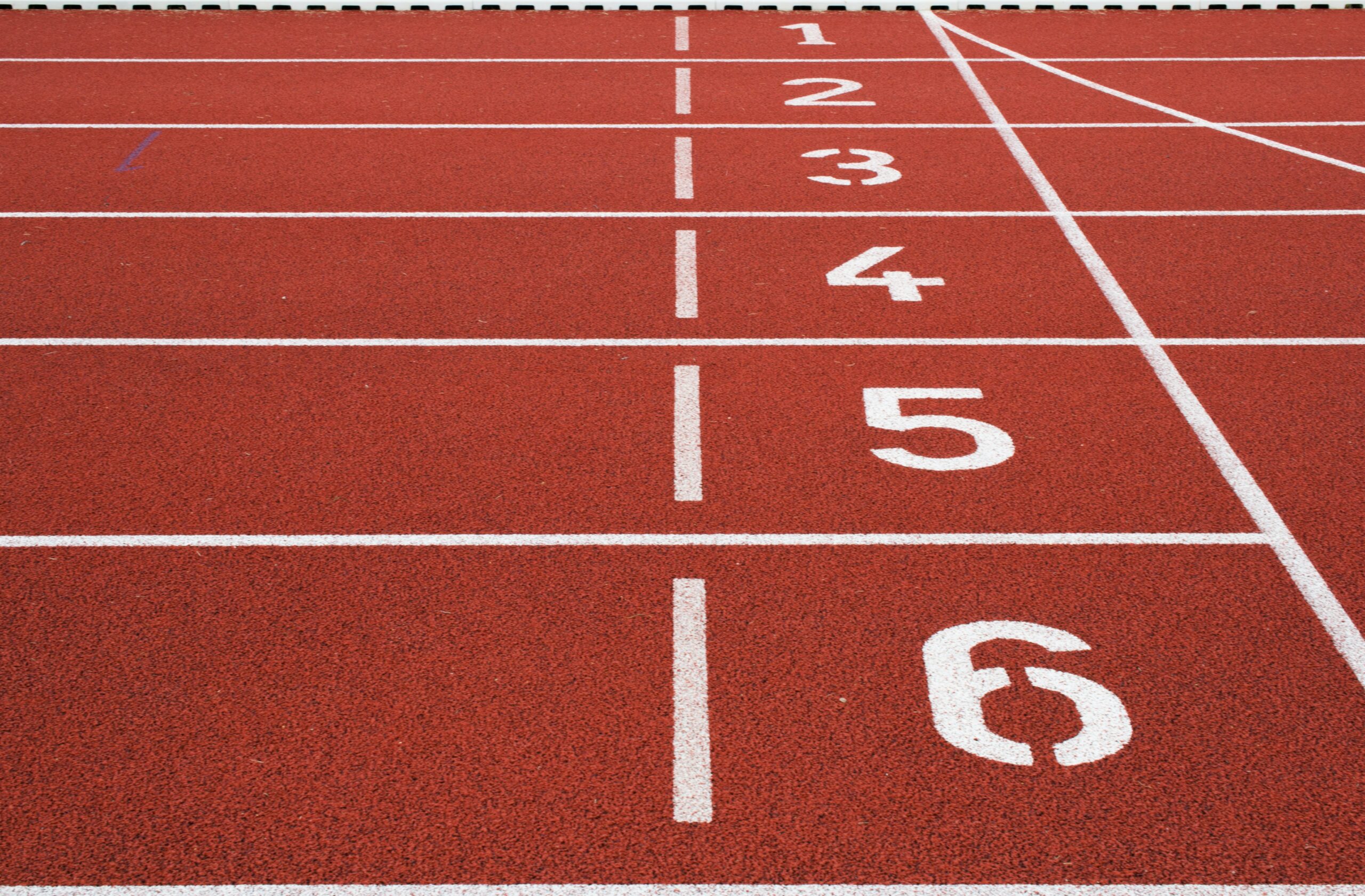
Sport climbing is gaining popularity as a thrilling and challenging adventure sport. If you’re new to the world of climbing, you may wonder about the white substance climbers use to coat their hands. Chalk plays a crucial role in sport climbing for several reasons. It helps climbers maintain a better grip on holds, preventing sweating and slipping. This simple, yet essential tool provides confidence and stability while ascending the heights, allowing climbers to conquer seemingly impossible routes. In this article, we will explore the significance of chalk in sport climbing, uncovering its impact on performance and safety. So grab your harness, and let’s delve into the world of chalk and sport climbing.
1. Better Grip
Having a solid grip is crucial in sport climbing, as it directly impacts your ability to navigate the climbing holds effectively. Chalk plays a vital role in achieving a better grip by reducing moisture on your hands and increasing friction between your skin and the climbing holds.
1.1 Reducing Moisture
When you engage in intense physical activity like sport climbing, your hands naturally produce sweat. This moisture can make your hands slippery, making it challenging to maintain a secure grip. Chalk helps to absorb the moisture on your hands, keeping them dry and allowing you to maintain better control and stability while climbing.
1.2 Increasing Friction
Friction is the force that prevents your hands from sliding off the climbing holds. Chalk not only absorbs moisture but also adds a layer of dry powder to your hands, which enhances friction. The chalk particles create tiny abrasions on the surface of the climbing holds, increasing the friction between your hands and the holds, ultimately improving your grip and preventing accidental slips.
2. Sweat Absorption
Apart from providing a better grip, chalk also helps in sweat absorption, which has multiple benefits in sport climbing.
2.1 Keeping Hands Dry
As mentioned earlier, chalk absorbs moisture, ensuring that your hands stay dry during your climbing sessions. Dry hands are essential as they improve your tactile sensitivity, allowing you to have a more precise feel of the climbing holds. This heightened awareness enables you to make calculated movements and adjustments, increasing your overall climbing performance.
2.2 Preventing Slippage
Excessive sweating can not only make your hands slippery but also lead to accidental slippage while climbing. Chalk acts as a safeguard against slippage by absorbing sweat and creating a dry surface on your hands. This helps in maintaining a secure grip and reduces the risk of falling or losing control, thereby enhancing your safety during climbing.

3. Injury Prevention
Sport climbing can be physically demanding, and the repetitive movements and pressure on your hands can lead to various injuries. Chalk usage can significantly contribute to injury prevention in sport climbing.
3.1 Reducing Sweaty Hands Injuries
When your hands become excessively sweaty, the chance of slipping off the climbing holds increases, which can result in falls or sudden jerks to your fingers or wrists. By reducing moisture and maintaining a dry grip, chalk minimizes the risk of slipping and potentially saves you from injuries caused by sudden loss of control.
3.2 Preventing Blister Formation
Constant friction between your skin and the climbing holds is inevitable in sport climbing. Without the protection of chalk, this friction can lead to the formation of blisters on your hands. However, when you apply chalk, it acts as a barrier between your skin and the holds, reducing the direct contact and friction. This helps in preventing painful blisters and allows you to climb for longer durations without discomfort.
4. Confidence Boost
Sport climbing requires mental fortitude, and having confidence in your abilities is crucial for success. Chalk can provide you with the confidence boost you need while scaling those challenging routes.
4.1 Psychological Support
Knowing that your hands are dry and that you have a reliable grip can significantly boost your confidence in your climbing abilities. Chalk acts as a psychological support by reassuring you that you have taken necessary measures to enhance your grip and reduce the chances of accidents or slips. This sense of confidence can help you push your limits, try harder routes, and achieve personal growth in sport climbing.
4.2 Enhanced Performance
Confidence plays a crucial role in any physical activity, including sport climbing. When you feel confident, you are more likely to perform at your best. With the help of chalk, you can focus on your climbing technique and movement, knowing that your hands are dry and secured on the holds. This increased focus and performance can lead to improved climbing speed, precision, and overall efficiency.

5. Route Navigation
Climbing routes often feature a variety of different handholds and footholds, and it’s essential to have clear indications of their locations. Chalk can assist you in navigating the climbing route effectively.
5.1 Visual Markings
By using chalk, climbers can leave marks or trails on the surface of the climbing holds, indicating the precise hand and foot positions. These visual markings act as guideposts for climbers, helping them identify the most accessible and stable points on the route. This not only saves time but also allows climbers to strategize their movements efficiently, making the ascent smoother and more controlled.
5.2 Indicating Hand and Foot Positions
Chalk can be strategically applied to specific handholds and footholds to draw attention to them. This makes it easier for climbers to locate the correct positions, especially when the holds may not be immediately evident. The contrasting white powder against the holds’ surface stands out, providing a clear visual cue and facilitating precise hand and foot placements.
6. Hygiene
Maintaining good hygiene practices is crucial in any physical activity, and sport climbing is no exception. Chalk can contribute to better hygiene during climbing sessions.
6.1 Minimizing Cross-Contamination
Sharing climbing holds with others is common, especially in climbing gyms. Chalk can help minimize the risk of cross-contamination by acting as a protective barrier between your hands and the holds. When you apply chalk, you create a layer of dry powder between your skin and the holds, reducing the direct transfer of sweat, oils, and bacteria. This promotes a cleaner and more hygienic climbing environment, benefiting both you and other climbers.
6.2 Reducing Bacterial Growth
Due to the nature of sport climbing and the communal use of climbing holds, there is a potential for bacterial growth on the holds’ surfaces. Chalk plays a role in reducing bacterial growth by absorbing sweat, which contains bacteria. By keeping your hands dry and minimizing the moisture on the climbing holds, chalk helps create a less hospitable environment for bacterial proliferation, promoting a safer and healthier climbing experience.

7. Equipment Preservation
Climbing holds and gear can be subjected to wear and tear, and chalk can contribute to the preservation and longevity of your climbing equipment.
7.1 Protecting Climbing Holds
Unprotected contact between your hands and the climbing holds can result in the transfer of sweat, oils, and dirt onto the holds’ surface. Over time, this can lead to the accumulation of grime, making the holds slippery and less effective for climbing. Chalk acts as a protective layer, reducing direct contact between your hands and the holds. This helps in preserving the holds’ texture and extends their lifespan, ensuring that they remain safe and usable for a more extended period.
7.2 Extending Lifespan of Equipment
In addition to protecting the climbing holds, chalk can also extend the lifespan of other climbing equipment, such as ropes and carabiners. Excessive sweat can cause ropes to become damp, potentially weakening their integrity. Chalk aids in absorbing sweat from your hands, reducing the moisture transfer to the rope. By keeping the rope dry, chalk helps maintain its strength and durability, ensuring it remains reliable for future climbs. Similarly, chalk can prevent the accumulation of moisture on carabiners, minimizing the risk of rust and corrosion, and extending their usable lifespan.
8. Adaptability to Conditions
Sport climbing can take place in various environmental conditions, and chalk can help you adapt and perform optimally regardless of the circumstances.
8.1 Adjusting to Humidity Levels
Humidity levels can vary significantly depending on the climbing location and weather conditions. When the air is humid, your hands are more likely to sweat excessively, making it challenging to maintain a secure grip. Chalk counteracts the effects of humidity by absorbing moisture and keeping your hands dry. By using chalk, you can adapt to different humidity levels and ensure a consistently firm grip, enhancing your climbing performance.
8.2 Climbing in Hot or Cold Temperatures
Extreme temperatures can affect your hands’ condition, making them either excessively sweaty or uncomfortably dry. Chalk serves as a reliable ally by absorbing excess moisture in hot temperatures and providing additional grip in colder conditions. Whether you’re climbing in scorching heat or freezing temperatures, chalk helps you adapt to the environment, allowing you to climb comfortably and confidently.

9. Safety Precautions
Safety should always be a top priority in sport climbing, and chalk can assist in taking necessary safety precautions.
9.1 Preventing Hand Injuries
By providing a better grip and reducing the chances of slipping, chalk plays a significant role in preventing hand injuries. When your grip is secure, you are less likely to experience sudden falls or jerks, minimizing the risk of landing awkwardly on your hands. Chalk helps maintain stability and control, ensuring that your climbing experience remains safe and injury-free.
9.2 Increasing Awareness of Climbing Conditions
Chalk can serve as a visual cue for climbers and belayers, providing insight into the current climbing conditions. By observing the pattern and amount of chalk on the holds, climbers can gauge which routes or sections are more frequently climbed and potentially more challenging. This awareness allows climbers to make informed decisions, adjust strategies, and prioritize safety while tackling the climbing route.
10. Environmental Considerations
Climbers have a responsibility to preserve the natural environment and minimize their impact. Chalk usage can contribute to reducing environmental impact in sport climbing.
10.1 Reducing Environmental Impact
Chalk, when used in moderation and responsibly, can have minimal environmental impact. Climbers should strive to use eco-friendly chalk options that do not contain harmful chemicals or additives. Additionally, climbers can be conscious of where they apply chalk to minimize excessive waste. By adopting these practices, climbers can enjoy their sport while preserving the natural beauty of the climbing locations.
10.2 Leaving No Trace
The “Leave No Trace” principle is essential in outdoor activities, including sport climbing. Chalk can be easily removed from the holds by natural weathering or simple brushing. Climbers should make an effort to clean their chalk marks after climbing, leaving the holds clean and ready for the next climbers. Being mindful of leaving no trace helps preserve the integrity and aesthetics of the climbing area, ensuring its sustainability for future generations.
In conclusion, chalk plays a multifaceted role in sport climbing. From enhancing your grip and preventing injuries to boosting your confidence and aiding in route navigation, the importance of chalk is undeniable. By understanding and harnessing the benefits of chalk, climbers can enjoy safer, more efficient, and more enjoyable climbing experiences while respecting the environment and preserving the longevity of their equipment. So, don’t forget to chalk up before your next climb and embrace the advantages this humble white powder offers in the world of sport climbing.

